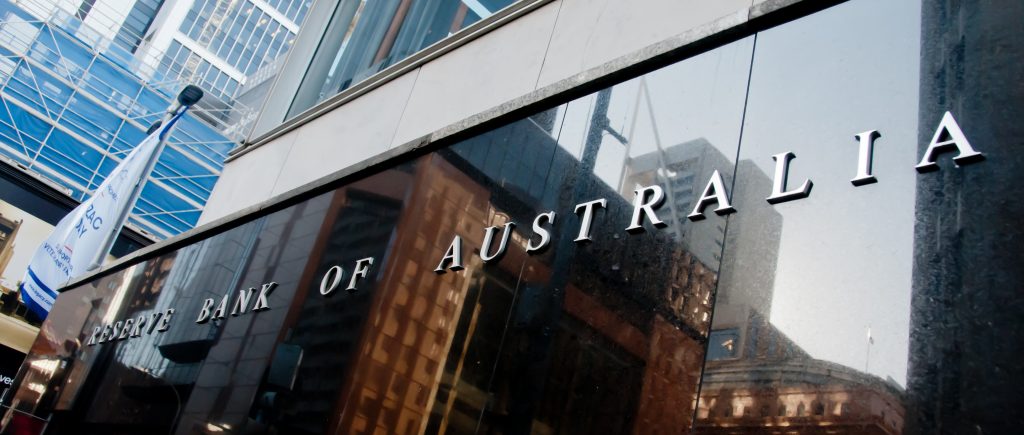The Reserve Bank of Australia will have its monthly board meeting on Tuesday under thick uncertainty clouds on the backdrop of the escalating assaults and geopolitical tensions in eastern Europe.
Economists expect Russia’s invasion of the Ukraine will have minimal impact on the Australian economy.
There are expectations that while higher energy prices as a direct result of the conflict could boost export revenues in Australia, increasing oil prices will push up petrol prices. This is likely to add further upward pressure on inflation.
Consumer confidence may also be adversely affected by higher petrol prices, increased equity market volatility and a general apprehension, which is a natural response to the ongoing war. But it is not expected that this situation could change consumer behaviour.
Australian Institute of Petroleum figures on Monday showed the national average for petrol prices struck another record high in the past week, rising a further 1.5 cents to 180.6 cents per litre.
This comes in a week when global crude oil prices topped $US100 per barrel on Russia’s invasion, suggesting Australian petrol prices have even further to rise.
The weekly ANZ-Roy Morgan consumer confidence index will be released on Tuesday, the first since Russia’s attack began.
Last week, confidence eased as consumer inflation expectations hit their highest level since December 2014 at 5.1 per cent.
While inflation is expected to soar further on rising fuel costs and the unemployment rate remained at a 13-year low of 4.2 per cent in January – despite the impact of the Omicron variant – economists expect the RBA to leave the cash rate at a record low 0.1 per cent for some months yet.
Last week’s figures showed wages growth remained well short of the three per cent-plus the RBA is seeking before lifting rates.
The CoreLogic home value index for February is also due on Tuesday. A further modest increase of 0.3 per cent is expected as affordability issues, rising fixed rate mortgages and tightening credit conditions continue to slow price rises.
House prices were still 22.4 per cent higher in the year to January. The Australian Bureau of Statistics will issue its lending figures for January, which are expected to show a 0.3 per cent rise in demand for mortgages.
The ABS will also release the final components of Wednesday’s national accounts for the December quarter; the balance of payments and government finances.
Such economic strength comes after the economy contracted by 1.9 per cent in the September quarter due to the Delta lockdowns.
At this stage economists see some upside risk to an expected three per cent rise in December quarter economic growth after Monday’s data showed an unexpected increase in business inventories in the quarter.

 Noor Trends News, Technical Analysis, Educational Tools and Recommendations
Noor Trends News, Technical Analysis, Educational Tools and Recommendations




